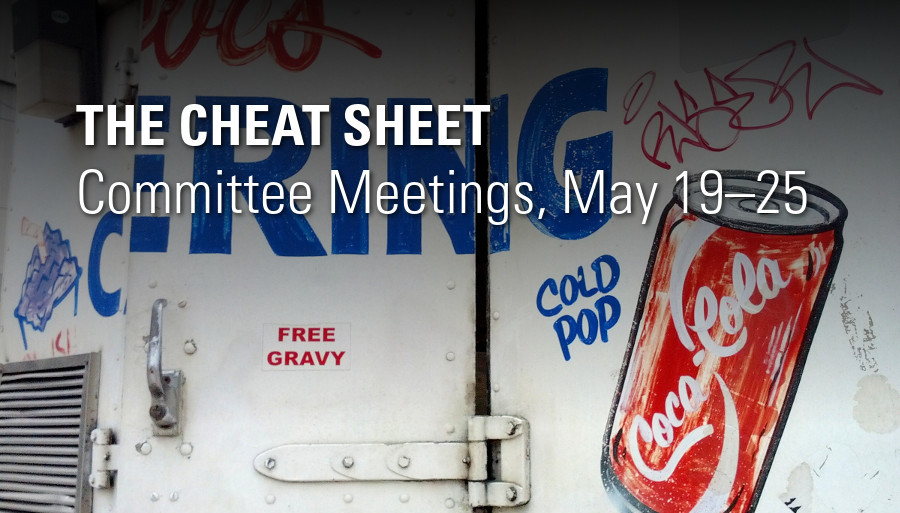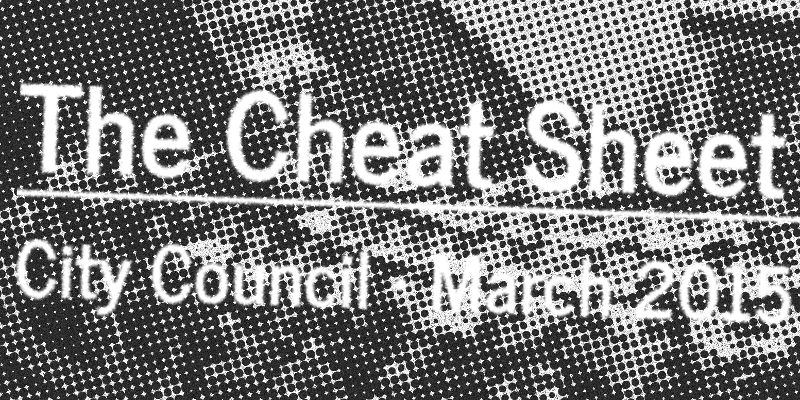Well, we’ve had a lovely summer full of lakeside rambles and spider photography, but it’s time to head back to City Hall as regular committee meetings start up again. Here’s a quick1 skim over Tuesday’s TEYCC agenda: Continue reading Back to School: Sept. 8 Toronto & East York Community Council
Category: politics
#elxn42: The Essence of Charity
As a bit of a theology nerd I was excited to hear that Nigel Wright, the Prime Minister’s former chief of staff, cited the Bible in his testimony in Mike Duffy’s trial. When Wright personally reimbursed Duffy for $90,000 of expenses the disgraced senator had to repay, he wanted it kept private—because, he said today, of Matthew 6:
1 Beware of practicing your righteousness before men to be noticed by them; otherwise you have no reward with your Father who is in heaven. 2 So when you give to the poor, do not sound a trumpet before you, as the hypocrites do in the synagogues and in the streets, so that they may be honored by men. Truly I say to you, they have their reward in full. 3 But when you give to the poor, do not let your left hand know what your right hand is doing, 4 so that your giving will be in secret; and your Father who sees what is done in secret will reward you.
In the context of his previous statement, that he paid Duffy out of “obligation”, one is reminded of the Jewish mitzvah of tzedakah, or charity. Mitzvah, while often translated as “good deed”, actually means “commandment” or “religious obligation”. And privacy and anonymity are an important part of tzedakah—the Talmud says that someone who gives tzedakah in secret is better than Moses.
It’s not just about motivation—i. e., ensuring that the donor isn’t just doing it for an ego boost. The more important principle is to preserve the dignity of the poor. This priority is enshrined in the biblical commandments, tucked away in the dead boring parts of Leviticus and Deuteronomy, that farmers should not harvest their entire field, but leave a corner behind for the poor to harvest themselves. From this a vast array of rabbinical laws, interpretations, and anecdotes proliferated: the poor should not have their time wasted waiting for help; one must avoid humiliating the recipient at all costs; someone should not have to sell off their assets or the tools they use to make a living in order to be considered eligible for aid.
The way anonymity preserves the recipient’s dignity is made explicit in the medieval philosopher Maimonides’ ranking of eight levels of tzedakah. The fourth heighest level of tzedakah is when the recipient is unknown to the donor. The third level is when the donor is unknown to the recipient. The second level is when neither the donor nor recipient know who each other is. And the absolute highest level of tzedakah is preventing a person from becoming poor in the first place, by giving them a gift or a loan or helping them find work.
When Jesus was alive, none of this had been written down yet, or codified so precisely; it was a tumultuous period when rival sects and academies were still battling it out. Judaism (as we know it) and early Christianity would each coalesce later. To take Jesus’ view of charity in context, one should also consider the Jewish version, which reflects one of the traditions that existed during his time. Anyway, this is all to say that he probably called people hypocrites not just because they gave alms to feel good about themselves, but because they embarrassed the poor as well.
It is in this light that we should see Nigel Wright’s generous gesture towards Mike Duffy. Repaying $90,000 would surely have put the senator in poverty, probably requiring him to sell off some of his assets. This would not have escaped the press, who would glory in his humiliation. By paying Duffy, Wright intended to allow him to maintain his self-sufficiency. And by requesting secrecy, he stayed true to the spirit of tzedakah—acting selflessly, out of obligation to the Prime Minister God. It is only a mark of our fallen times that this deed landed him afoul of the Criminal Code. Would that we all, Christian, Jew, and otherwise, had such a commitment to charity.
Debate Night
My Storify of the first leaders’ debate for the upcoming federal election. As promised, all fluff and snark, zero substance.
Cllr Layton’s “House of Cards” moment
Just one of those little moments that make council-watching worth it: Cllr Layton breaks the fourth wall during the 2015 budget debate. I’ve included his whole speech for context; skip to around 3m40s for the good stuff.
The Cheat Sheet: July 7 City Council
Because we’ve apparently got to re-hash every major debate we had last term, this month’s big item will be expanded gaming at Woodbine. However, there’s many other important things on City Council’s agenda for this meeting before the August break, including the Poverty Reduction Strategy, childcare funding, flood management, new bike lanes, and more.
The Cheat Sheet: June 10 City Council
I am going through a bit of a Thing and almost considered skipping this month. I’m not, obviously, but please forgive me if this month’s preview is a bit lackluster. Anyway, without further ado, my picks from this month’s agenda. Continue reading The Cheat Sheet: June 10 City Council
The Cheat Sheet: Committee Meetings, May 19-25
I have been falling behind on my committee-agenda-reading agenda, I’m afraid. Better late and slightly half-assed than never. Coming up in the next few weeks: the final 2014 budget variances; extreme cold-weather drop-ins; misuse of TTC fuel credit cards; wildlife encounters; and more. Continue reading The Cheat Sheet: Committee Meetings, May 19-25
The Cheat Sheet: May 5 City Council
Just in time for my 30th birthday, I’m getting the best present ever: a City Council meeting! This month’s agenda is jam-packed with important items, so fix yourself a drink while you read this. Up for discussion: funding the Scarborough subway, diversity on the TTC board, a new City Manager, the social housing waitlist, (not) fixing basement flooding, and more. Continue reading The Cheat Sheet: May 5 City Council
The Cheat Sheet: March 31 City Council
Agenda • Meeting Monitor • Livestream
My apologies to everyone for this late Cheat Sheet! The recent cold snap shocked me back into hibernation, and I have spent most of the last few days asleep.
If you read the previous committee meeting Cheat Sheet you may recognize several items on this City Council agenda. Accountability officer shakeup, Fimbulwinter, oil pipelines, taxi law, the Spadina subway extension, drones, spruce, Baby Point, a Baudelaire reference, and more below the fold. Continue reading The Cheat Sheet: March 31 City Council
“Those who continue to face unfair and unequal provision of city services”
Much is at stake for the future of accountability at the City of Toronto. A modern government cannot expect to retain the confidence of the people unless it is willing to hold itself accountable by submitting itself to the kind of scrutiny an independent ombudsman provides. While Council recognizes this in principle, insufficient finances increasingly contradict that support.
The residents of Toronto count on their municipal government to properly fund the office in order to meet our mandate effectively. That assumption remains unfulfilled, even though the money required is an investment in a strong system of accountability that produces savings and good governance.
I reluctantly have to warn Council and the public, again, that our ability to meet our statutory mandate defined by provincial legislation is undermined by a lack of funding. Toronto cannot have a legislated ombudsman who is “independent” and then have the office’s work indirectly controlled through budget allocation.
It could be said that the office is a victim of its own success. But that loses sight of who is important. The real victims of this funding shortfall are the residents who will not be able to get swift action on their complaints, those who continue to face unfair and unequal provision of city services.
—Ombudsman Fiona Crean in her 2014 annual report







